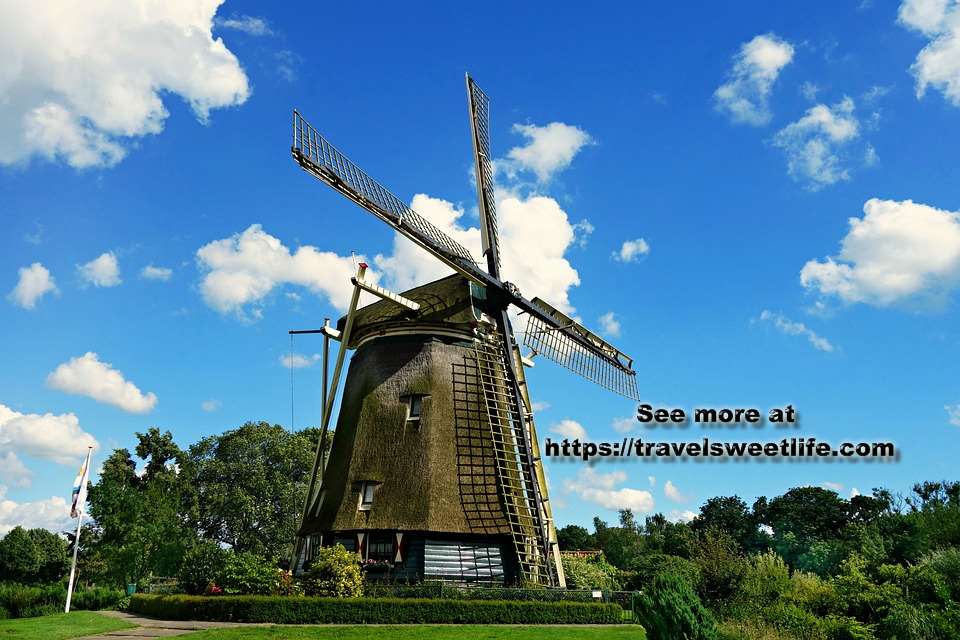
Tourist Tax of Amsterdam Rises to be the Highest In Europe
Tourists will be requested to pay more tax when staying overnight in Amsterdam. Upon the latest measure, on top of the 7% of the room rate charged currently, a levy of €3 per person – about US$3 – per night for travelers staying overnight in hotels will be imposed in 2020.
“It will likely make Amsterdam’s the highest overnight tax in Europe, on average”, as said by Tim Fairhurst, director of policy for the ETOA (European Tourism Association).
That makes the budget hotel losing the privilege of low rate by nature. More to it, in the eyes of travelers, it will come to a result that staying at a one-star hotel in Amsterdam is almost the cost of staying at a 5-star hotel in some other European countries after adding the new levy tax.

Look into some more details about the new Amsterdam levy:
- Children under 16 have exemption from the new Amsterdam levy.
- Each adult will be charged just €1 ($1.09) per adult by campsites.
- For travelers staying in an Airbnb or rental property, the existing tax will be raised to 10% of your rental.
In comparison to the huge number of annual visitors of 18 million people to the population of 867,000 citizens, the over-tourism has plagued the city of Amsterdam seriously.
New Tourists Tax in 2020 For Travelers Visiting Some Cities in Netherlands and Italy
Dealing with the overflow of tourists going into the city, it seems the Dutch authorities have adopted various measures to deter overzealous tourists. As seen in March 2019, they have announced a ban of “disrespectful” tours of the red light district. In December 2019, it has further pushed their approach by dismantling the “iamsterdam” sign – a former selfie spot – outside the Rijksmuseum.
Although a spokesperson for Amsterdam city council said that the raised taxes were planned not to deter tourists, calling it a point of “principle” to make visitors pay their way in the city, the crowd control ban as well as a cap on group numbers in the medieval center to 15 people and the new extra charges to the overnight staying charges effective on January 1 2020, makes travelers affected on their New Year’s Day plan.
“Visitors will contribute more to the high costs of keeping the city safe and clean, and of keeping the public space like pavements, quays, bridges and streets, in a good state,” the spokesperson said.
Obviously, many of the popular travel cities in the world have taken similar measures by imposing tourists tax over their overcrowd problem. Venice, a tourists crowed city in Italy has already announced to impose the daily entrance fee targeted for day-trippers entering the city in some peak seasons starting from 2020.



